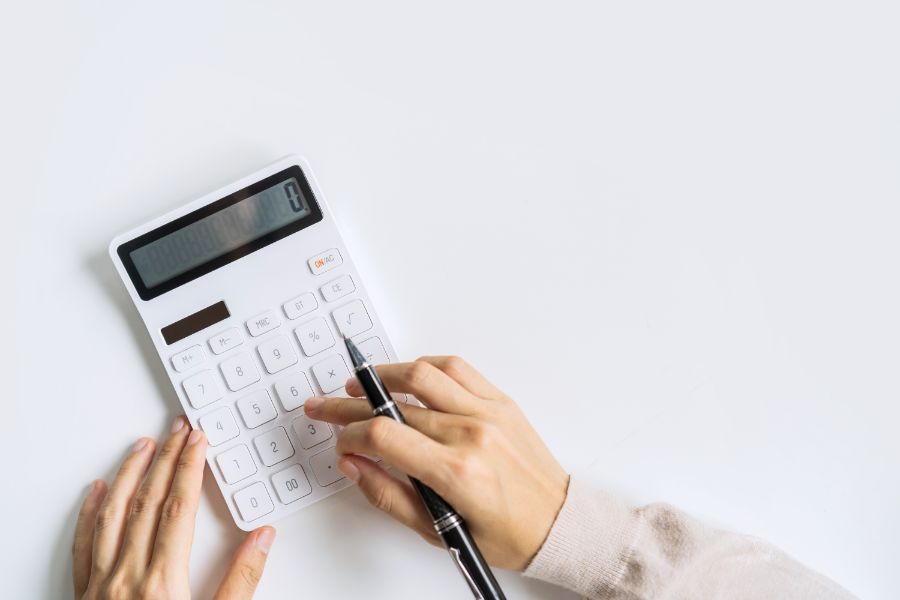What is Capital Gains Tax?
Capital Gains Tax (CGT) is a tax that is payable on the increase in value of an asset that you own. Capital Gains Tax Valuations on property is complicated as there are several variables to consider.
At a basic level, the Capital Gains Tax calculations on property will depend on:
- Whether you are a UK resident
- How many properties you own
- Your other CGT liabilities
Why do I need a Capital Gains Tax Valuation
You may have inherited property (this will be part of probate and Inheritance tax) , you receive a property as a gift, you are planning to sell at under market value (ie to a friend or family) or you have been asked for a Capital Gains tax valuation by your solicitor.
There may be other reasons not covered here – it’s always best to check with your solicitor, or give our team a ring and they will help you work out the right questions to ask!
Do I have to pay Capital Gains Tax when I sell my own home?
In general, if your house is yours (owned outright or with a mortgage) and is your only property, or your main residence, then no, you won’t have to pay CGT. It is always worth getting a professional opinion to double check your liability though, especially if you do own more than one property.
How much will I have to pay, and when?
In the UK, Capital Gains Tax is due when an asset is sold; If you bought and sold the property on the open market then this calculation is a simple one (selling price – (purchase price + allowable costs)) x your CGT rate. This will be due within 60days of the sale going through.
What can Chekes provide?
We offer RICS ‘Red Book’ compliant valuations – The Red Book contains mandatory rules, best practice guidance and related commentary for all members undertaking asset valuations.
GET A FREE QUOTE
To receive a FREE quote, just complete our simple online form
